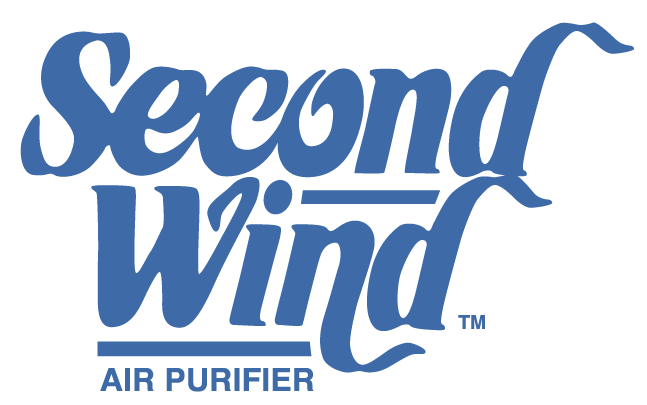Read on to learn about the impact these chemicals can have on our bodies and how you can take steps to make your home healthier and chemically stress-free.

What is VOC?
VOCs can have negative health effects, including respiratory irritation, headaches, and nausea, and they can contribute to air pollution and the formation of ground-level ozone. Many countries have regulations and guidelines for acceptable levels of VOCs in consumer and industrial products to minimize their impact on human health and the environment.
It is important to minimize exposure to VOCs by using products that are low in VOCs, using them in well-ventilated areas, and following the manufacturer’s instructions for use and disposal.
Sources of chemical stress in your home
HVAC systems
- Dust
- Pet dander
- Pollen
- Mold
- Bacteria and viruses
To prevent chemical stress from your HVAC system, it is important to have your system regularly inspected and cleaned by a qualified professional. This can help to remove any built-up contaminants and improve the quality of the air in your home. It is also a good idea to use high-quality air filters and to avoid using products that emit harmful chemicals, such as air fresheners and cleaning sprays, whenever possible.
Cleaning products
First, it’s important to be able to identify which chemicals you want to avoid in household cleaners. Some of the most important on the list are VOCs (volatile organic compounds) like acetone and ethanol, ammonia, bleach, and phthalates.
- White vinegar. Used by itself or with water, this basic cleaner is an excellent degreaser and general cleaner for hard surfaces and windows.
- Baking soda. Baking soda is a great scrubbing agent for scratch-proof surfaces with tough grime. It can also work in place of dish soap, with extra rinsing.
- Salt. Like baking soda, salt is good for scrubbing tough grime when liberally applied to a sponge.
- Hot water. Applying hot water to hardened dirt and allowing it to sit for 10 minutes will soften the dirt. You can also fill a mug with water and heat it in your microwave to soften food residue and easily wipe it away.
- Towels. Aside from using them to wipe things dry, you can put a few drops of your favorite essential oil on a towel and throw them in the dryer in place of dryer sheets.
- Steam cleaning. It eliminates the need for chemical cleaning agents, which can be harmful to human health and the environment. The high-temperature steam effectively kills bacteria, germs, and other pathogens, making it a natural and safe alternative.
Air fresheners can contribute to chemical stress at home because they often contain VOCs like as benzene, formaldehyde, and phthalates. These chemicals are then released into the air when the air freshener is sprayed or evaporated.
To reduce chemical stress from air fresheners, it is best to avoid using them altogether or choose natural options such as essential oils or plants to freshen the air. Opening windows and improving ventilation can also help to reduce the concentration of indoor air pollutants.
Plants as air fresheners
Exposure to these compounds has the following effects on humans:
- By choosing natural air freshening methods, you’ll reduce your exposure to these harmful compounds. One of the best ways to eliminate stale air and airborne toxins is by opening your windows and creating a cross-breeze that circulates the room. Another way to improve the air quality in your home is to keep houseplants around.
- Barberton Daisy
- English Ivy
- Snake Plant / Mother-in-Law’s Tongue
- Chrysanthemum
- Spider Plant
- Aloe Vera
- Broad Lady Palm
- Red-Edged Dracaena/Dragon Tree
- Weeping Fig
- Chinese Evergreen







